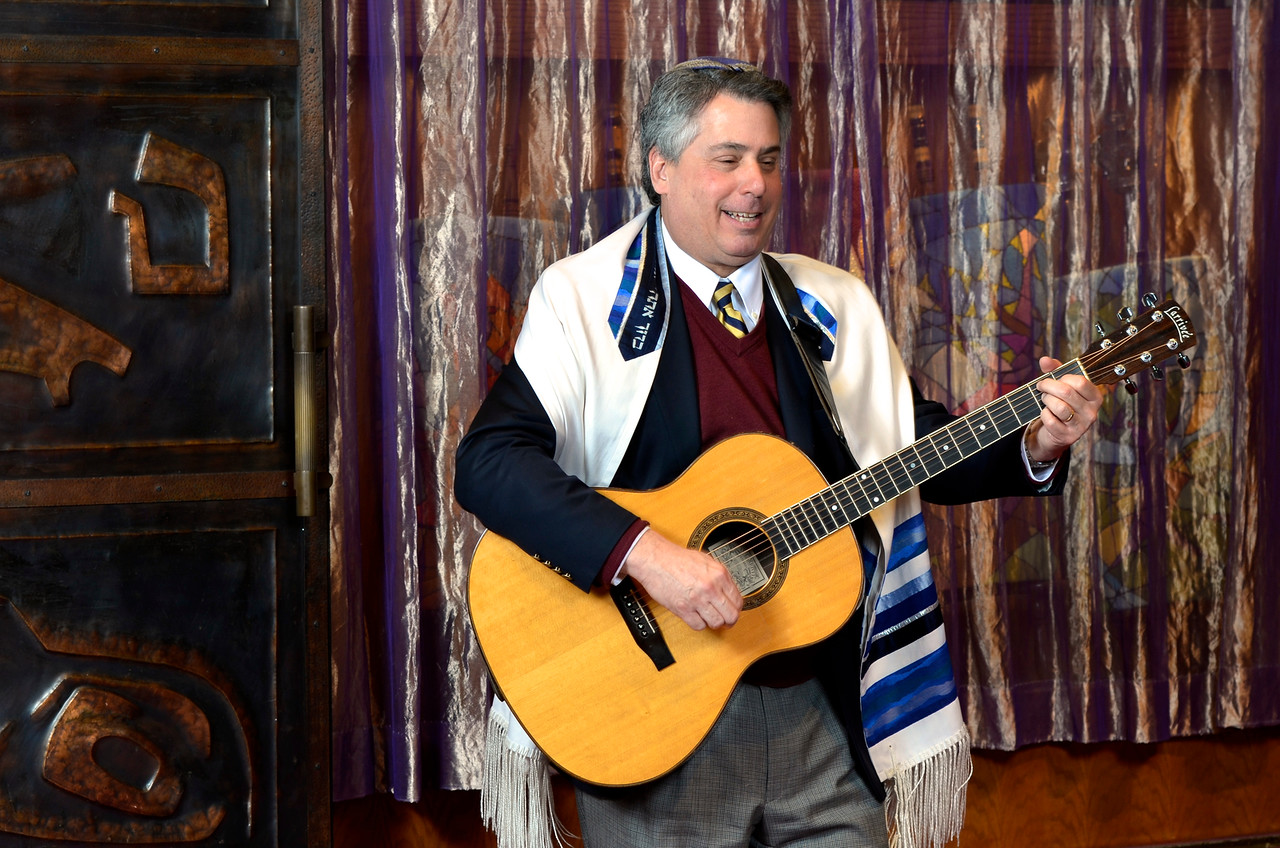Have you ever been in an earthquake? April, 1979 in Jerusalem. Studying for my end of year rabbinic exams. The floor started shaking and then stopped.
I relaxed for a moment. Then, it started again. This time I looked to where I might run for safety. In a flash I realize that all that beautiful Jerusalem stone of our building would bury me and everyone else. I began to say my final confession. What was to be, would be.
It is a helpless feeling.
I can only imagine what Korach, Dathan, Aviram and On and their families and followers must have felt when they were separated out from our people and the “earth opened her mouth and swallowed them up and their households…” (Num. 16:32)
They saw the abyss that would swallow them up. There was no escape from the Divine, deadly earthquake. It is hard to imagine their fear and panic, the terror of knowing that their lives were about to end.
And the survivors? “All Israel around them fled at their shrieks, for they said, ‘The earth might swallow us!’” (Num. 16:34). Our commentators, Rashi, Ibn Ezra and others, point out that the cries of the victims were as terrifying as the earthquake itself.
Can we feel the tremors under our own feet? Here? Now?
Can we feel the tremor when a deranged gunman hunts Congressmen for sport?
Can we feel the tremor when a candidate body-slams a journalist for asking a hard question?
Can we feel the tremors when so many encounters between police and African-Americans end in death?
More to the point: Can we hear the cries of those who are in danger? They are so loud you would have to stuff cotton in your ears to muffle their cries of despair.
Tremors and cries! It is our job to respond to the most primal outcry of suffering we hear today.
I guess we could run away like the survivors of the earthquake that devoured Korach and his band.
Or, we can fight our fear, our own survival impulse, and run toward the danger, armed with hope, faith and the commitment of our hands to bring people away from the abyss.
Edmund Fleg, a Jewish poet, writer and musician, wrote in the hopeful period between the two World Wars an earth-shattering creed of hope, entitled Pourquois Je Suis Juif, or “Why I am A Jew.”
He wrote (in part):
“I am a Jew because in every place where suffering weeps, the Jew weeps…
I am a Jew because at every time when despair cries out, the Jewhopes…
I am a Jew because Israel places the humanity and its unity above the nations and above Israel itself…”
(Translation from Mishkan T’filah, A Reform Siddur, CCAR, 2007, NYC)
Empathy, caring, faith and hope are not useless, self-centered emotions. They are what drive us toward the earthquake, toward the tumult and anger and fear of those whose lives are at risk from the earthquake of hatred, racism, gun-violence and poverty and so many other dangers.
Can you feel the tremors under your feet? Can you hear the cries of those on the edge of the abyss?
I am an original member of the Pennsylvania Interfaith Impact Network, established to combat the short and long term suffering and injustice that threatens us all.
In our sacred covenant we signed this year, we pledged:
“…To tackle structural racism, economic inequity, intolerance and fear will take every ounce of our faith in each other as spiritual leaders. It demands our commitment to these goals which may not be realized in our lifetime.
We are not daunted by the task, rather energized by it and the hope for the world we work to pass on to our children and grandchildren. For the sake of God, we will not be silent. For the sake of each other, we will not abandon this quest…”
The earthquake is rumbling. It endangers so many, even those who believe themselves immune.
Will you go toward the danger or flee from it?
In Jerusalem in 1979, the moment passed. I was safe, but I never forgot what happened and could have been.
With friends we look to bring people back from the abyss. With allies we shore up the structures of our civil society. With partners we insist that no one, no one is left behind to shriek as they are pulled down into the pit of suffering.
Justice is the rope to save us from the abyss. We must all pull it together.
Rabbi Jamie Gibson has worked as the Senior Rabbi at Temple Sinai, located in the Squirrel Hill neighborhood of Pittsburgh, PA, for 30 years. He has fostered a culture of inclusiveness, inspiration and innovation, regularly bringing the community at large together to inspire hope for future generations.


